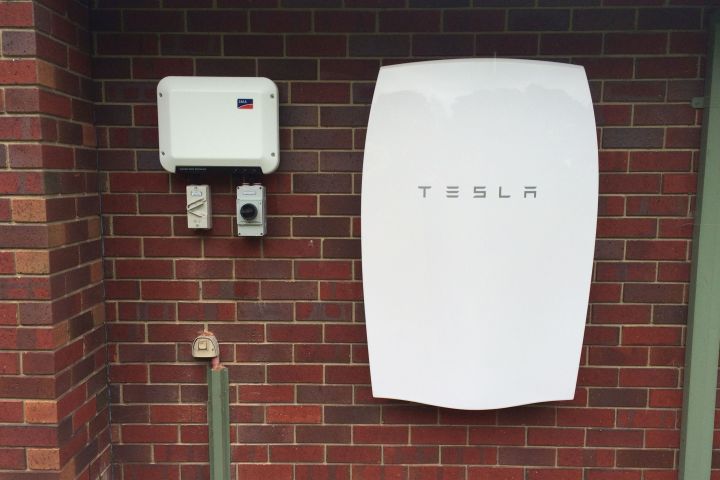Tesla is bringing its smart power grids to Canada. Tesla and Nova Scotia Power have agreed to take part in a pilot program, which would use a combination of Tesla’s Powerwall 2 home batteries and utility-grade Powerpack batteries to bolster the reliability of the region’s wind power production, Engadget reported.
The Elmsdale Intelligent Feeder project seeks to make use of excess power created by wind turbines to fill in the gaps of the area’s electrical grid. Whenever one of the area’s wind turbines generates excess power, it will be sent to one of Tesla’s Powerpacks. From there, the power will be distributed to local homes whenever there is an outage or one of the wind turbines fails to produce enough energy.
The test program is partially backed by the Canadian government, and is expected to go live before the end of February and run through 2019. The Tesla batteries will remain regardless of the outcome of the experiment. The decision to expand the program to other parts of the country will largely depend on Nova Scotia power. The company will likely judge the program based on how well it serves the interest of consumers and itself.
Regardless of the success or failure of this project, its initial impact will be rather limited, given the small size of it. Only about 300 homes will be served by Tesla’s smart power grid and, out of those 300, only 10 customers have installed Tesla’s Powerwall 2 home batteries. The other homes will be relying on the Powerpacks to distribute the power in the event of a shortage or an outage.
While the scope of this initial experiment isn’t particularly large, it does signal a growing interest in alternative forms of energy. These products do rely on power produced by traditional energy companies, but they can provide some security against blackouts and other outages.
This also can serve as a useful showcase for Elon Musk’s Tesla power batteries. The company has made gains in the area of electric cars, but many consumers may not be aware of the company’s home batteries. A successful test case in Elmsdale could be just what the company needs to expand the brand’s reach.



